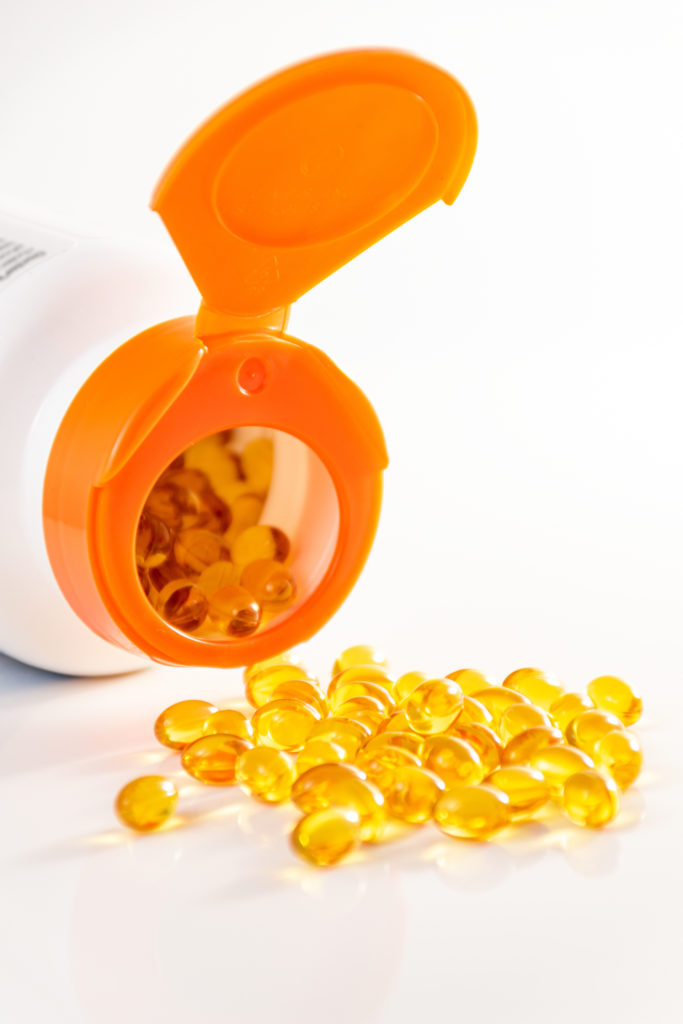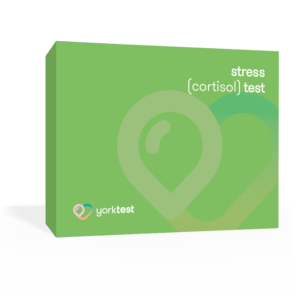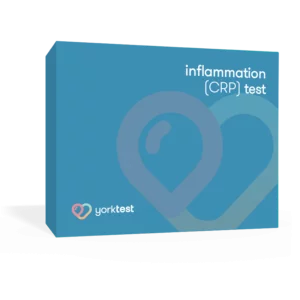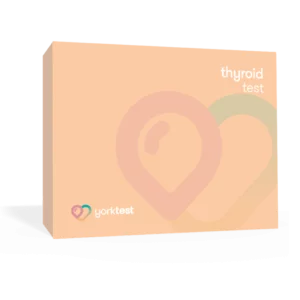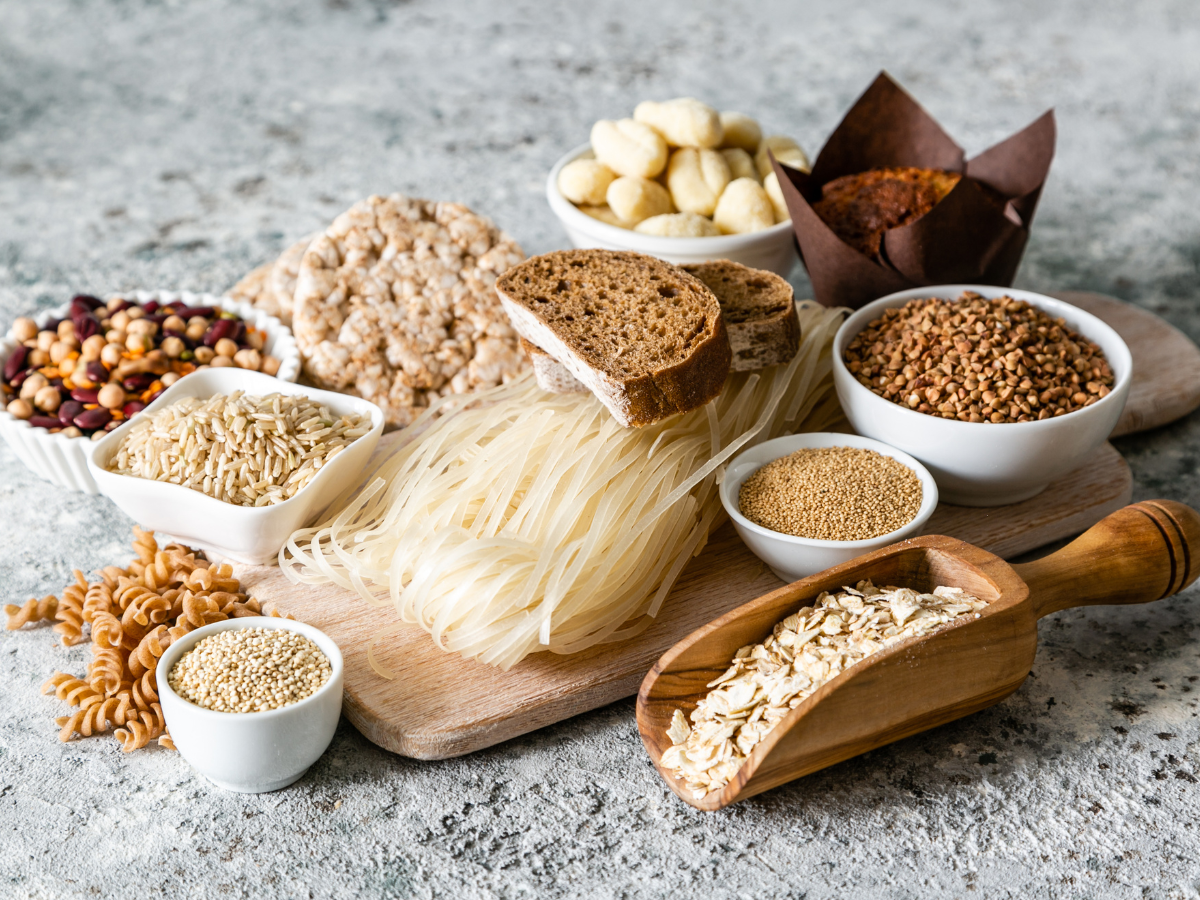Acknowledging that your mental health is just as important as your physical health is one of the major triumphs of modern healthcare. And of course, care of your mental health is linked to care of your physical health. For example, it’s well known that an afternoon’s exercise can do wonders for both your mood and your physique.
Everyone suffers from stress and anxiety to some degree. For some, it’s nothing more than a minor annoyance. For others, it’s a major battle. Chronic stress and anxiety can also lead to other problems, boosting the potential of depression, lowering our immune systems, and more. Seeking to lower our stress levels is therefore really important.
However, before you dust off that long-forgotten exercise routine (January resolutions seem a long way away, right?!), don’t forget that some common vitamins benefit not just your physical health but your mental health, helping to fight off stress and anxiety.
Join us as we look at some of the best vitamins for stress, fatigue, anxiety, and poor mood, as well as some other useful minerals, herbs, amino acids, and more.
Important Note: Please note that you should always consult your GP or a qualified health professional before you decide to take dietary supplements. Many vitamins and other natural treatments cease to be helpful when they come into contact with certain health conditions or medication types. In fact, taking high doses of them can be harmful. Please always seek the proper advice before you try self-medication!
Vitamin D
A key vitamin for mood regulation, healthy nerve/brain activity, heart health, and a better immune system. A lack of vitamin D is often linked to depression and anxiety disorders. Direct sunlight is undoubtedly the best source of (specifically) vitamin D3. However, depending on the time of year, that may not be readily available. Vitamin D can be most easily boosted within your diet by eating oily fish, milk, and egg yolks. Some people are also advised to take supplements to boost their natural levels.
Vitamin B
There are 8 different nutrients within the “B vitamins†family, and some studies have suggested that people who eat more vitamin B-rich foods have better anxiety and stress levels. Many people don’t struggle to obtain B vitamins, as animal-based produce contains lots. However, vegetarians and vegans may need to work a little harder. Vegetarians can turn to yoghurt, cheese, eggs, fortified milk, cereals, and more. Vegans can rely on avocados, fortified non-dairy milk, meat substitutes, cereals, and nutritional yeast.
Vitamin C
An antioxidant that prevents the buildup of cortisol (i.e. the stress hormone). Vitamin C plays a part in synthesising neurotransmitters that help you regulate your mood, motivation, and stress responses. It’s found in citrus fruits, broccoli, tomatoes, spinach, and potatoes. It’s thought to support cognitive function, and therefore, guard against the cognitive decline that can often lead to poor mental health.
The Best Anti-Stress Minerals, Herbs & More
In addition to true vitamins, there are a whole host of other natural minerals, herbs, amino acids, hormones, and more that can give you a real mental health boost.
Magnesium
An essential mineral for hundreds of bodily biochemical reactions, and a regulator of anxiety and insomnia. Magnesium works by regulating serotonin and even improving brain function. However, magnesium also helps our digestion, and cardiac health. Magnesium is found naturally in whole wheat, whole and leafy greens, spinach, potatoes, quinoa, almonds, nuts (like cashews), dark chocolate, and black beans.
Melatonin
Insomnia can take a heavy toll on our mental health, and melatonin is the natural hormone that tells us when to sleep and wake. However, some people’s bodies don’t produce enough of it. It doesn’t occur in too many natural food sources, so getting a melatonin top-up tends to require supplements.
Rhodiola Rosea
An adaptogenic herb that can help restore your body’s balance after stressful experiences. Rhodiola Rosea has even been suggested as a treatment for burnout.
L-theanine
L-theanine is an amino acid that’s found in green and black tea (as well as certain mushrooms). Some tests have found that this is an effective reducer of stress and cortisol levels, even within high-stress situations. However, it shouldn’t be combined with sedatives.
Lavender
Lavender is perhaps most usually linked with sleep, but, as we’ve already said, that can have a huge impact on our mental health. It’s therefore unsurprising to find that Lavender may have some benefits as a mood booster, and a way to combat fatigue.
Lemon Balm
Another popular calming aid, this herb smells like lemon, and has been linked to better sleep quality and less anxiety.
Omega-3 Fatty Acids
Coming from cold water fatty fish and krill oil (think salmon, mackerel, herring, sardines, and anchovies), Omega-3 fatty acids are anti-stress vitamins by virtue of being good for cardiovascular health and boosting brain function and mood. You can also find these compounds in plant-based options like flaxseeds, spinach, nuts, and Brussels sprouts. Low levels of Omega-3 fatty acids have potentially been linked to anxiety and depression. In fact, stress actually lessens the body’s store of Omega-3.
Chamomile
A popular type of tea, chamomile contains the antioxidant apigenin, which assists with relaxation. It’s been used for thousands of years due to its calming properties. Just be careful if you have a heart or vascular condition, as too much chamomile can thin your blood.
Valerian Root
GABA is an amino acid that helps to reduce anxiety and depression, and can also be beneficial for sufferers of attention deficit hyperactivity disorder and premenstrual syndrome. So, where does Valerian root come in? Well, it assists the GABA receptor, and has been used for medicinal purposes for thousands of years. However, it should be treated with caution if you take sedating medication.
Ashwagandha
An adaptogenic herb sedative that decreases cortisol. The Ashwagandha is native to shrubs that are found in Africa and Asia, and it’s growing in popularity as a stress relief and anxiety treatment.
Kava
Taking the Kava herb results in your dopamine levels rising, and contributes to reduced anxiety symptoms. Once again, it should be treated with caution if you take any sedating medication.
As we said at the start of this blog, you should always consult your GP or a qualified health practitioner (like a nutritionist) before you start to take supplements of any kind. In fact, you should take steps to learn as much about your body as possible.
Our food intolerance tests and food allergy tests are a great way of doing this. They allow you to identify foods that may not agree with you. If you’ve ever experienced dietary problems, you’ll know that they can impact your mental health in their own right, so getting your food intake right can help to get you on the right track before you even think about specific vitamins. And, of course, learning that you have an intolerance to a specific food might dictate what your vitamin options are.
If you’re looking to get your vitamin intake right to benefit both your physical and mental health, and want to take one of our tests, then please don’t hesitate to get in touch if you need any more guidance.


